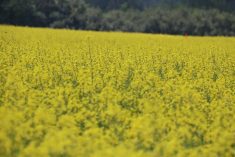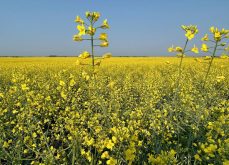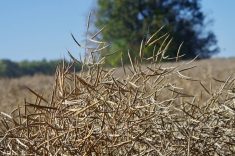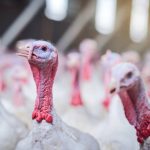Glacier FarmMedia — In the middle of trade wars between the United States and seemingly every other country on Earth where tariff rates can change from one day to the next, canola prices on the Intercontinental Exchange fared remarkably well for the week ended April 9.
The May canola contract rose C$24.90 per tonne during the week at $651.40 and reaching its highest level since March 7, which was the day before China announced its 100 per cent tariffs on Canadian canola meal and oil among other goods.
David Derwin, a Winnipeg-based commodity futures advisor for Ventum Financial Corp., said canola is residing in the middle of its long-term range, above the lows at C$580/tonne and below the highs at C$680/tonne. Sharp declines in crude oil prices have capped canola’s gains, but markets are still volatile while Trump continues to shift trade policies day after day.
Read Also
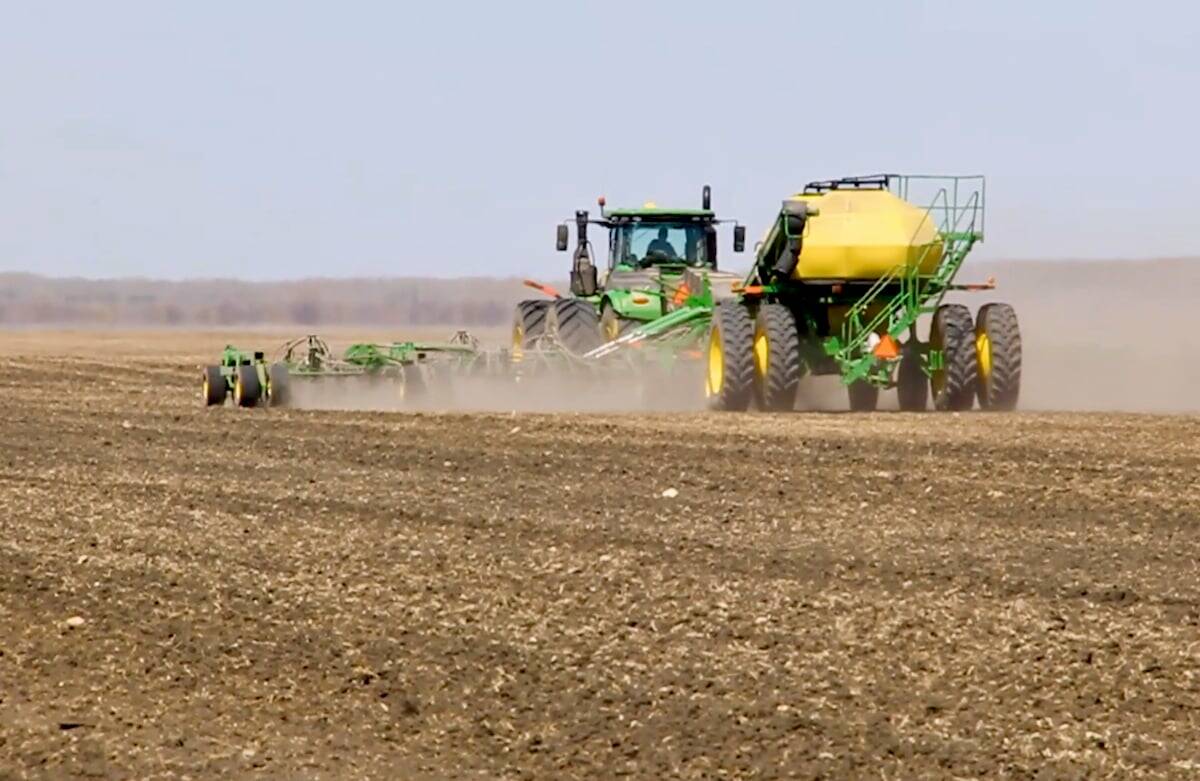
Canadian farmers intend to plant more canola, less wheat in 2026
Canadian farmers expect to plant more canola and less wheat in 2026 compared to the previous year, according to the first planting intentions report from Statistics Canada released March 5. Barley, soybeans and corn area are also expected to increase, while oats, lentils and dry peas are forecast to decrease.
“It’s very much in flux. It really is all over the place,” Derwin said. “It will be impacted by soybeans and soyoil. It’s held up well for now and there’s more to come.”
The U.S.-China trade war would cause a large decline of U.S. soybean exports to China and could create knock-on effects for Canadian canola. However, there is still a question whether China will impose tariffs on Canadian canola seed, which it has spared for now.
“(China) still does have that anti-dumping investigation … That’s still an outstanding item as well,” Derwin said, adding there are unintended consequences. “It’s going to be a tit-for-tat as (the U.S. and China) go back-and-forth and you kind of get caught up in it, as well.”
While canola growers may be glued to ‘the Trumpian chaos,’ conditions for seeding in Western Canada appear to be largely normal at this time of year, weather events notwithstanding.
“Maybe it’ll be a little earlier. Some people may be right on time. Comments are too few (right now),” Derwin said. “Conditions look good. We’re not hearing about extremes either way. Nothing out of the ordinary.”





